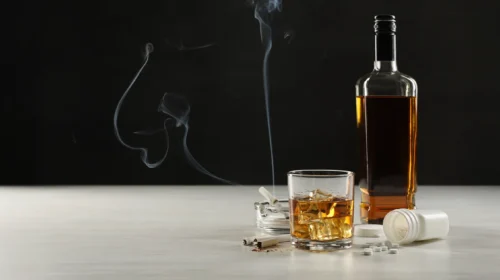One of the first things clients and their loved ones ask when they research our organization is how we specifically use music to help the healing and recovery processes. To provide more insight, we have provided a list of our therapeutic techniques that fully integrate musical engagement. It’s important to realize that a musical background is not needed to heal at Recovery Unplugged and that these techniques are meant to engage existing evidence-based models to help clients become more receptive to the treatment process.
Some of the ways in which Recovery Unplugged integrates music into rehab include:
- Songwriting and compositions –In the “music healing” group, clients write and record their own recovery songs. This serves as a reminder of hope to motivate them throughout their recovery.
- Performance and Production -Clients have the opportunity to perform their recovery songs to their peers in “open mic”, a group that encourages clients to get vulnerable and use different mediums to express themselves and promote everlasting change.
- Therapeutic Drumming -Drum circle groups are held where clients are encouraged to play in rhythm, promoting unity and synchronicity. Clients are also expected to do a drum solo in front of their peers, allowing for creative expression and vulnerability.
- Live Performances -“Tune-up Tuesday” and “Feel Good Friday” are groups held where clients are invited to listen to live performances from professional musicians in recovery. Their music usually promotes themes of hope, strength, and hardship, all of which the clients are able to relate to.
- Listening and Analysis -Clients are given an MP3 player upon arrival. These are preloaded and can be customized with the individual’s favorite artists and genres. Clients are able to listen freely, as it is often a source of comfort- providing a sense of familiarity in times of distress. Clients are encouraged to choose songs that evoke emotion- happiness, sadness, loneliness, etc. all of which allow the client to become vulnerable to their peers and clinicians.
From Clinical Director, Klifton Fehr:
“When I am working with families, I ask them to tell me a song that they would sing to their loved ones or play for them that would assist in grabbing the client’s (their loved one’s) attention, especially when the client is struggling in IOP/OP or homesickness or depression or high cravings. It would be a song that we could play that would let the client know that there have been times when they were uncertain, but they got through it. It would be a song that would remind them that they are loved and valued and appreciated and, most of all, supported and that people believe in them.
When clients are in the group and they are struggling to make connections with other group members, we have a couple of the group members play a song to the client to assist the client in coming out of their shell, without the group members having to stumble through finding things to talk about with the client in the session. This helps the group members understand that they are not alone and oftentimes are understood by other people in the group without them even saying a word, initially.”
Overall, music proves to be an effective catalyst for change in various ways. It allows the struggling individual to become vulnerable. It promotes unity within his community and can be used as a grounding source. Music therapy, as employed at Recovery Unplugged, harnesses various aspects of musical engagement, such as composition, performance, and listening, to support recovery principles like honesty, open-mindedness, and willingness. These principles are central to many recovery models, and music serves as a tool to facilitate their practice. By engaging in songwriting, clients practice honesty; by listening to others’ songs, they cultivate open-mindedness; and through acknowledging emotions evoked by music, they demonstrate willingness, thereby supporting their recovery journey.

























